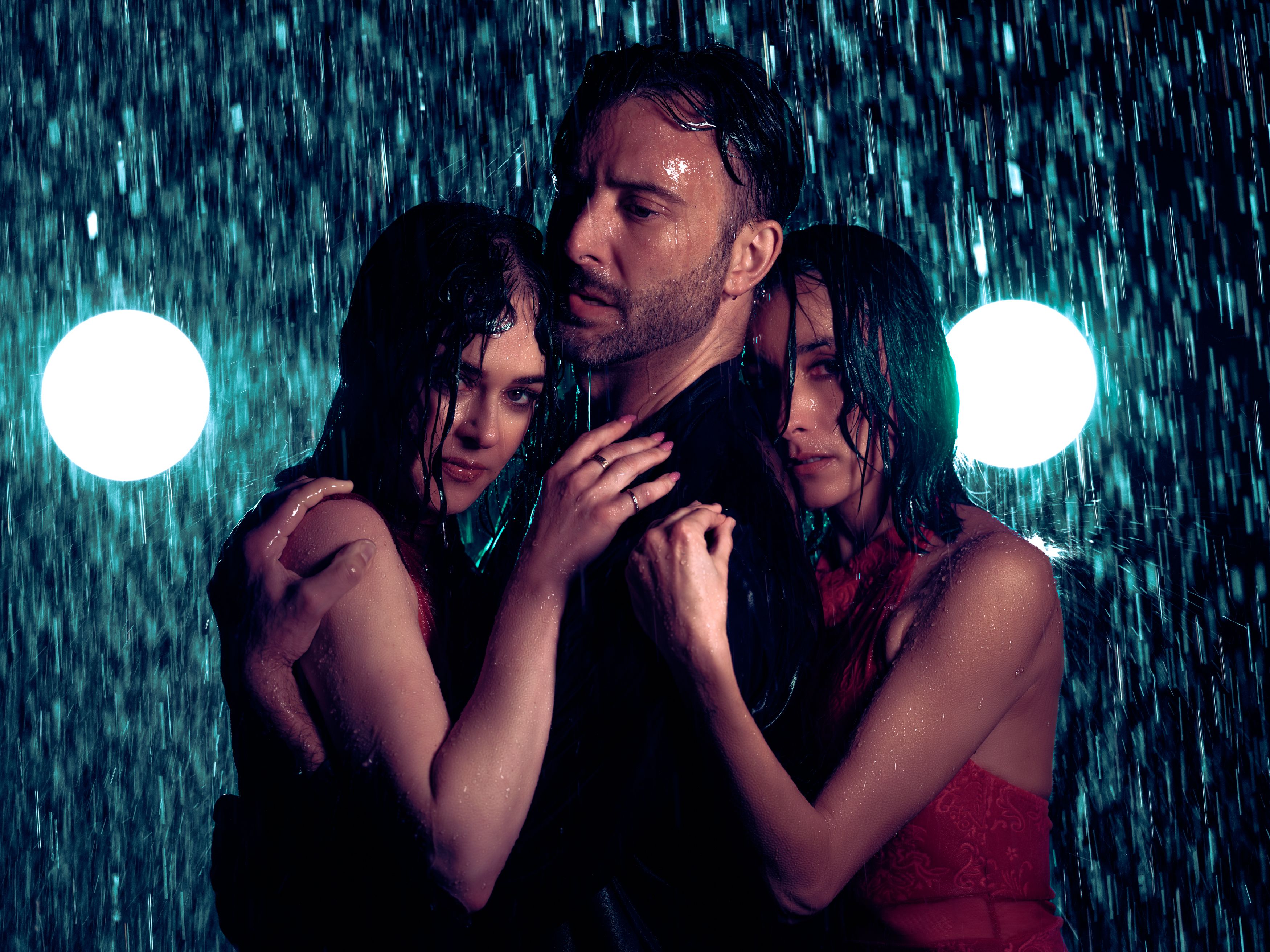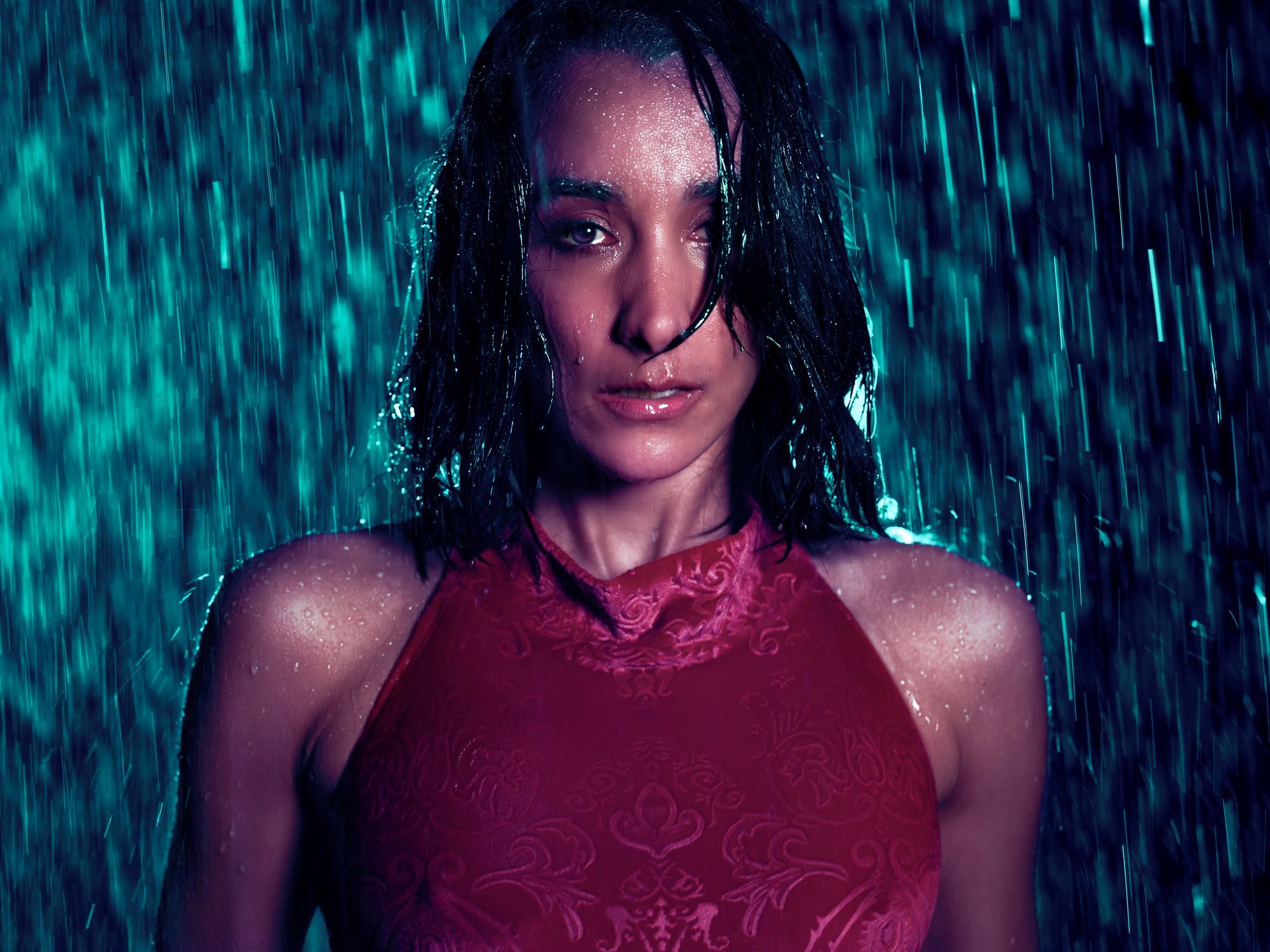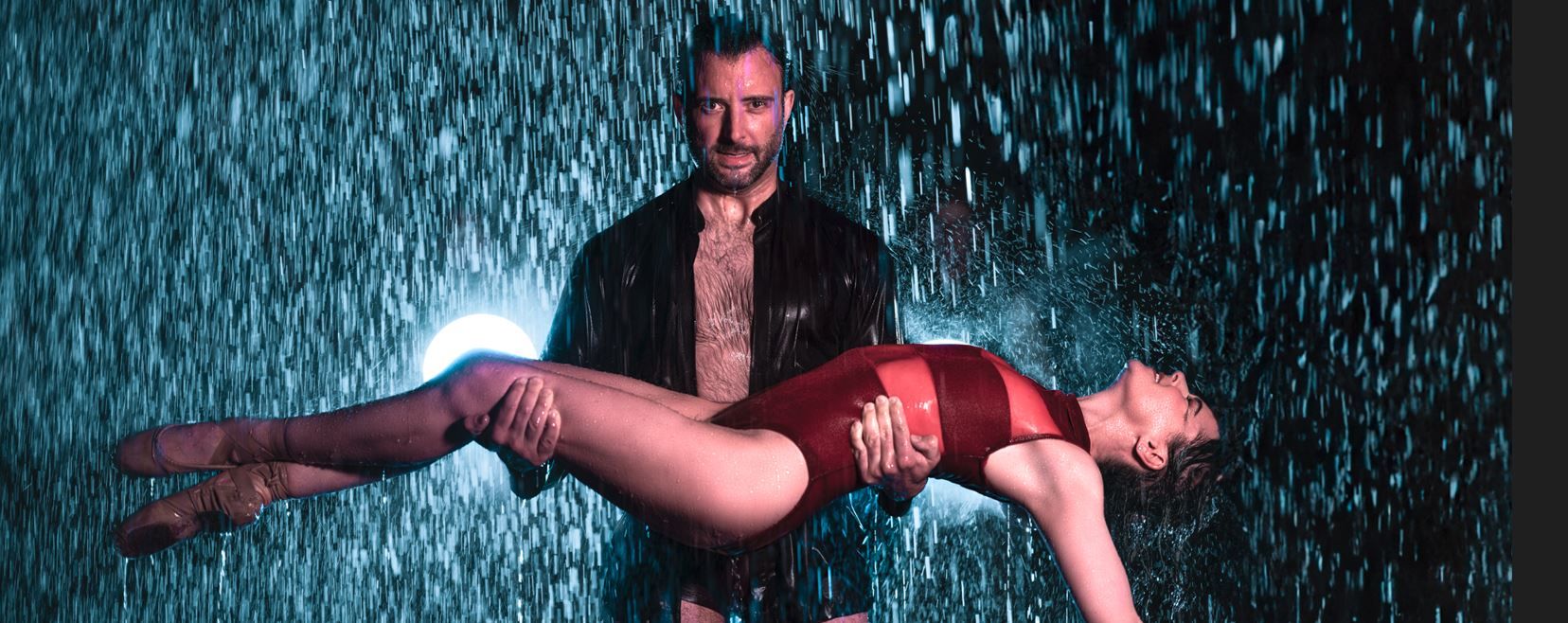Oct. 17th, 2023
When Fujifilm approached us to design a photo and video shoot using their newest, flagship large-format camera, we decided to create a series of scenarios that would challenge both the camera’s capabilities and our creative team. We designed a full day shoot called “Poetry in Motion”, shooting photos and video with the all-new Fujifilm GFX100 II.
We’ve been Fujifilm shooters since the inception of the GFX series and have used these cameras to shoot challenging campaigns on every continent on earth. The raison d’être of the GFX series has superb image quality. Speed, autofocus and video capacity have been adequate at best, often requiring workarounds in the pursuit of complex captures. The newest iteration of the GFX series promised a fundamental recalibration of capacity, with AI-powered autofocus, broadcast quality internally recorded video (and external RAW recording), and speed increases across every metric.
In addition to the capacity test, this project required us to produce hero images for the GFX100 II commercial release and a video that proved the real-world capacity of the 4K/60p, 8K/30p movie mode. We decided to shoot 3 professional ballet dancers across a sequence of scenarios, from in-studio, to outdoors, at night and in the rain.

Let there be light.
We elected to use constant lighting for the entire shoot allowing rapid switching between photo and video sequences with minimal set changes. We employed 3 x ROTOLIGHT AEOS PRO 2 lights, each with an electronic smart softbox that allows minute control of light focus and dispersion. These highly mobile battery-powered lights provided almost limitless colors and flicker-free video. The advantage with these constant lights (instead of strobes) is the true “what you see if what you get” effect, with the preview on screen, exactly matching the captured photo.
One of the joys of this Rotolight system is mobility. Although we started with lights in fixed positions on C-stands, we switched to hand-holding the lights for rapid and dynamic repositioning that yielded amazing results – especially in video.
Small but mighty
Some of the video sequences required moving the camera on tracks. The GFX100 II is so small and light that we elected to use the ultra-light “Legends Mike” Tripod Kit with Levelling Base & AirHed Cine carbon fibre tripod system from British manufacturer 3 Legged Thing. This is the setup we’ll use for hybrid video shooting in remote locations, where minimizing weight is critical.
External RAW recording
Attached to the tripod and connected to the camera via full size HDMI was the Blackmagic Video Assist 7″ 12G HDR monitor. This ultra-bright unit allowed us to screen capture from the camera for the behind-the-scenes video and record 12bit B-RAW video files.

Fastest Media
Integral to the GFX100 II new video internal capture capacity, and the buffer-free 8FPS photo mode, is the upgrade to CFexpress Type B cards. The ability to write high-speed, large files to the same media used by the world’s best cinema cameras is integral to this camera’s performance.
We used the latest 2TB AV Pro CFexpress from Angelbird with a blazing-fast 1785MB/s read/write capacity. Years ago, we lost critical files on a remote island shoot due to card failure. That’s a painful way to learn why you should invest in quality media.
From sublime to surreal
We started the shoot on a seamless cyclorama background in-studio, moving to a more industrial section with large windows providing strong backlight. Thanks to a haze machine and slow-motion shooting (4K/60p), the dancers appeared dreamlike with streaming light rays and fluid movement.
We used the FUJINON GF120mmF4 R LM OIS WR Macro lens for a closeup of a dancer’s eyes to create a power transition to the final scene – at night in the rain. This required a fire truck with a special nozzle and technique to stage rain, illuminated by two of the Rotolights positioned behind the dancers, flaring directly into the camera. We use color to create separation and contrast, applying green/teal backlighting and single nude/neutral key light to the subject.
There are plans, then there is reality.
We knew this last sequence would be challenging. It was very cold, and the water was freezing. We planned for about an hour, but after 5 or 6 minutes, it was clear that our dancers would be risking hypothermia. We rapidly moved between photos and video sequences in the dark, cold, controlled chaos.
The camera captured these sequences with a beautiful honesty that contrasted heavily with the studio shots. The magic, however, is in the RAW image files. With the lack of time to make adjustments, the spread of the rain and the need to keep the lights dry, the images were 4 to 5 stops underexposed. If shot on another camera system, we would have discarded the files. The GFX100 II, armed with the latest CMOS II sensor, allowed for the perfect recovery of these underexposed shots, producing the best images of the day and the campaign hero image for Fujifilm.

